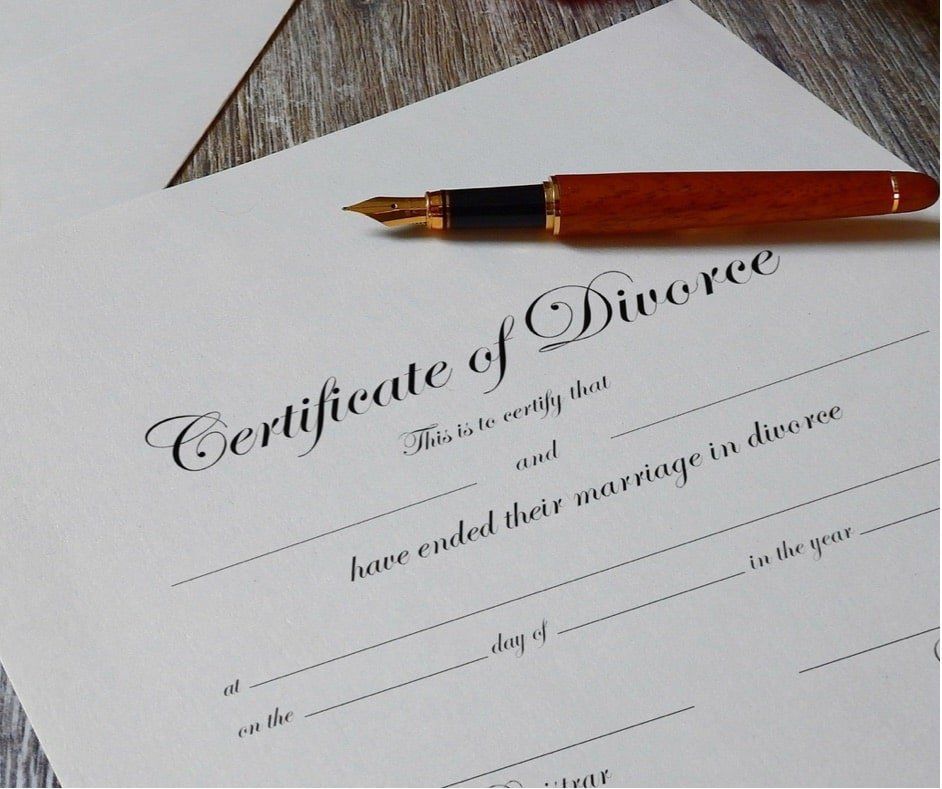3 Questions To Ask A Divorce Attorney in Alabama
3 Questions To Ask A Divorce Attorney in Alabama
Did you know that 50% of marriages end in divorce? In fact, Alabama has one of the highest divorce rates in the country!
Whether the split is due to infidelity, irrevocable differences, lack of commitment, lack of passion or other reasons, it’s important to know what happens once you decide to get a divorce.
The first step is to hire a lawyer. Divorces can get messy, and overwhelming. The best case scenario the two parties have an amicable split, but unfortunately that case is rare.
When looking for a divorce attorney in Alabama it’s vital to know what kind of questions to ask before choosing one to handle your case.
Question 1: Do You Specialize in Divorce?
Even if you’ve received referrals from family and friends, those might not be the best referrals for your needs. If your mom recommended a law firm that helped her with her workers’ compensation lawsuit, that law firm might not be the one you need.
You want to make sure that your divorce attorney in Alabama specializes in divorces because they understand the laws, information in child support,
child custody, alimony, costs of filing, how to handle difficult divorces and more.
Your
divorce attorney will be your advocate, and mediator during the divorce proceedings so make sure you choose one that is confident in their knowledge and has a good track record of helping their clients.
Question 2: What is your fee structure?
Even with an amicable split, divorces can be costly. During the split, many people find themselves in a struggling situation when it comes to money.
Because you are only relying on yourself with the joint checking/savings accounts and other assets frozen until the divorce is over, it’s important to know the costs of everything.
If you choose to move forward with an attorney, you want to know what you will be paying for.
They will most likely start with a retainer to take on your case. That is a set fee (typically dependent on hours worked) to start working on your divorce suit. Once that initial fee runs out there will be an hourly charge and then there are the costs of the divorce paperwork and filing itself.
Depending on the reason for the divorce your attorney may tell you that they can have the other spouse cover the fees through the divorce suit.
No matter what, you’ll want to know as much of the costs up front so that you can figure out if that lawyer is in your cost range for hire.
Question 3: How Do You Handle The Negotiation Process?
No divorce is the same, but it’s good to know how the basics of how the process works. If your lawyer has experience in similar divorce cases, they can give you a better idea of what is going to happen during the proceedings.
If you have children, you will go over
child support and child custody.
You’ll go over division of assets like bank accounts, houses, cars and any other items that will need to be split up between you and your ex-spouse.
You’ll discuss alimony, and much more as well.
There are many steps when it comes to going through a divorce and you want to ensure that your divorce attorney in Alabama is equipped and experienced in handling each facet of your suit.
Connect with Kilgo Law - Divorce Attorney in Alabama
Here at Kilgo Law, we want our clients to be well informed and educated before making a decision. We want to ensure that our clients know we are committed to them and that we have the tools, experiences and resources to represent them throughout the divorce proceedings.
When you choose Kilgo Law, you are choosing the
best divorce attorney
in Cullman, Alabama. To learn more about
Kilgo Law, browse our
website and follow us on social media.











